
Can You Create Angels?
We really do have to clean thoroughly in order to rout out the chametz, so if half of the job is already being done for Pesach why not...

We are all very much aware, because we have been hearing from our husbands in the name of the Rabbonim since the day we got married, that it is totally unnecessary to do all the cleaning for Pesach that we tend to feel is essential for a kosher le’pesach home.
We are told year after year with unfailing regularity that the real mitzvah of cleaning for Pesach is clearing out any trace of chametz that there is in the house – and not spring cleaning the house to death, as we usually do in the name of this mitzvah. And let’s be honest, have you ever seen any chametz clinging for dear life to the light fixtures or cowering on top of the cupboard? You might find dust aplenty up there, but chametz?
However let’s look at the issue of Pesach cleaning from our perspective, the woman’s angle.
I ask you ladies, can anything compare to that wonderful feeling of freedom, when you sit down in your chair (sink down is more like it) on Pesach night knowing that the house is ‘sparkling clean’ ALL AT THE SAME TIME. There is not an item in our home that has not been shaken up, dusted down and scrubbed to within an inch of its life. (It satisfies something deep inside us and gives us the feeling that we really are good balabustas and totally in control of our homes for a change).
We will conveniently forget all the times that we ‘raised our voices’ to our husbands and children letting them know in no uncertain terms that they were not to wander around with chametz, but only to eat it at the table. And in order to soothe our consciences let’s just say that all this yelling has a purpose; if we act ‘vigorously’ on this point our children will at least understand the severity of having chametz in the house on Pesach (whether they will remember it with pleasure is a different matter).
Perhaps our ‘sparklingly clean’ rooms are even a bit untidy by now, but at least WE know that not a nook or cranny escaped inspection by our beady eyes on the lookout for (ahem) chametz. We will also try very hard not to remember that by the time Pesach is over, the house will look like a tornado hit it and there will not be a shred of evidence of all our hard work before Pesach.
But even with all that, the peace of mind that I have throughout yom tov (on this point at least) is worth all the frenzy beforehand.
And on a practical level one of the tips that I have found extremely useful in helping me keep relatively ”calm” before Pesach, (especially when I think I’m falling behind my schedule), is to make up a ‘To Do After Pesach’ list. I know by now how long each room should take to clean, at which date I want to start cleaning the kitchen, and when I want to arrive at the ‘changing over the kitchen to Pesach’ stage.[1]
If I find that I am falling behind my plan, (because I haven’t finished all the cleaning in one of the rooms for instance), I simply write down what still needs to be done in that room on my To Do After Pesach list. I then carry on with the cleaning, and as I go along I write down things that I have not managed to do in the allotted time. In this way I move through the house more or less on schedule. (Obviously we’re not talking here about cleaning out the chametz because that can’t be left till after Pesach; we’re talking about the spring cleaning part of the cleaning). If I do get ahead of my plan (and it’s only ever happened once) I go back and do one of the items on my list.
After Pesach I take out my list and meticulously work my way through it. I might not do the jobs with the same enthusiasm that I would have done them before Pesach but at least I know that they have been done. But be aware – this list is only of value before Pesach if it is taken seriously after Pesach.
Looking at Pesach from another angle I always say that there are two Rosh Hashanahs a year, the spiritual one – Rosh Hashanah, and a physical one – Pesach.
The spiritual Rosh Hashanah we all know about; it is a chance for us to do teshuvah and clear out all the sins we have done throughout the year, so that we can start the year with a clean slate and a fresh, new start.
But to my mind Pesach serves the same purpose on the physical level. The time leading up to Pesach (the Elul of Pesach) is a time of clearing out all unwanted objects in the house and cleaning, sorting and organising all that remains. What a good feeling it is to look at a clean cupboard that is all neat and tidy with all the items standing in neatly regimented piles. Never mind that chametz never saw the light of day in there, or that it won’t last; and we’re not even talking about the fact that the family had to eat sandwiches for the last three days.
And if you’re one of those wonderful women that are racing against the clock all year round it’s a good thing there is a Pesach, because there are things that really do only get done once a year under the pressure of ‘cleaning for Pesach’. Imagine if we didn’t have Pesach (……. and all the preparation of food that we consume in such quantities) we would probably find long-forgotten items (that we’ve bought again) that are totally unrecognisable because they have been decorated with a thick layer of mould and dust after ……. three ……. five ……. eight years?
At least now when you lose something, like your right hand i.e. your favourite knife, there is the hope that, come Pesach, you’ll find it again. (And if you haven’t found it by Pesach, it was probably thrown out on the day you lost it amongst all the vegetable peels).
And talking about cleaning under pressure I’ve thought of an explanation why we women so tenaciously insist on doing all that so-called unnecessary cleaning. We all know that we really ought to thoroughly clean and sort out our homes at least once a year. But being boruch Hashem busy wives and mothers, without a fixed deadline it really is questionable whether we would manage to do it on a yearly basis (and not only that, we’d have it hanging over our heads till we did get to it). But in this way, if we force a deadline on it, like Erev Pesach, we can guarantee that it really will be done.
And the reasons for choosing Erev Pesach as the time for this?
There is no other time of the year specifically set aside for cleaning
We really do have to clean thoroughly in order to rout out the chametz, so if half of the job is already being done for Pesach why not complete two major jobs in one and have peace of mind for the rest of the year.
Be that as it may, the exhilarating feeling that comes with knowing that the house is really clean cannot be under-estimated or reproduced at any time during the rest of the year, so let’s not feel guilty about the cost in time and patience. And when we sit down to the seder let us at least thank Hashem for also giving us this physical Rosh Hashanah.
But it is not just physical. Even such a very physical act as cleaning for Pesach has a spiritual side to it.
It is written in all the seforim that clearing out the chametz in our houses is in fact likened to clearing out the chametz, i.e. the sins, in our hearts (I just wish it were that easy!)
And for us women there is an added dimension – according to Reb Levi Yitzchok of Berditchev, every scrub and every rub that we do for Pesach creates an angel. Imagine, just move your hand with a bit of pressure – and an angel is created! Visualize to yourself how many thousands of angels you create every day without too much effort on your part! And these legions of angels stand and sing our praises as wonderful Jewish women before Hashem. Wow! Is it not worth all the work? More than that, we ought to be thanking Hashem for giving us this opportunity to create angels so effortlessly and painlessly.
So let’s not lose this golden opportunity because it’s only given to us at this time of the year.
In view of this let’s look at the Pesach cleaning with a different ‘eye’ because it has taken on a whole new dimension. Let’s not look upon all the work we have to do as a form of slavery thrust upon us after we left Egypt, but instead think about the massive returns on that work.
Let’s also go about the scrubbing and rubbing, scouring and polishing with a smile on our faces and joy in our hearts for another reason; we are doing Hashem’s will and giving Him pleasure and delight because we are fulfilling the role He has assigned to us in this world (and that’s in addition to those angels). And when you ready your house for Pesach remember that you really are one of those wonderful women who are doing what our mothers have done throughout the ages – building and sustaining a Jewish home.
My mother a”h always wished us ”A happy Purim and a Kosher Pesach, but also a Kosher Purim and a happy Pesach”. I can do no better than pass on to you her wishes with all my heart.
HAPPY CLEANING!
BreslovWorld sincerely thanks the Melitzer Rebbetzen for her wonderful advice and guidance, and hopes to host her again soon.
* Rebbetzen Shaindel Moscowitz, is the Melitzer Rebbetzen
* * *
[1] In order to make up a realistic schedule of cleaning I plan my schedule out by working backwards. I start by first working out the date I want the kitchen to be kashered by; I then work out how long it takes to clean the kitchen and according to that write down when I have to be at that stage. Following that I consider the last room to be cleaned before the kitchen and write down roughly how long it takes to clean, so that I will know when I need to start working in there, and so on……..through all the rooms in the house.
After having worked backwards all the way to the first room, I know when I should start with the Pesach cleaning.
However, when I had a family of small children, and I wasn’t able to allow myself the luxury of planning a work schedule all I could do was race through all the rooms in the shortest possible time; my main concentration in those years was on the kitchen and the dining room where food is cooked and eaten.



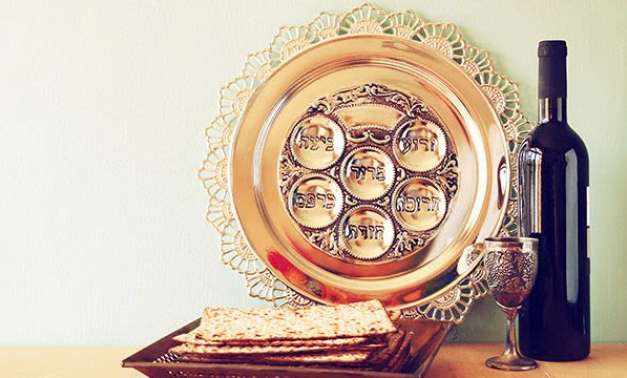
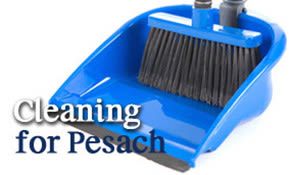

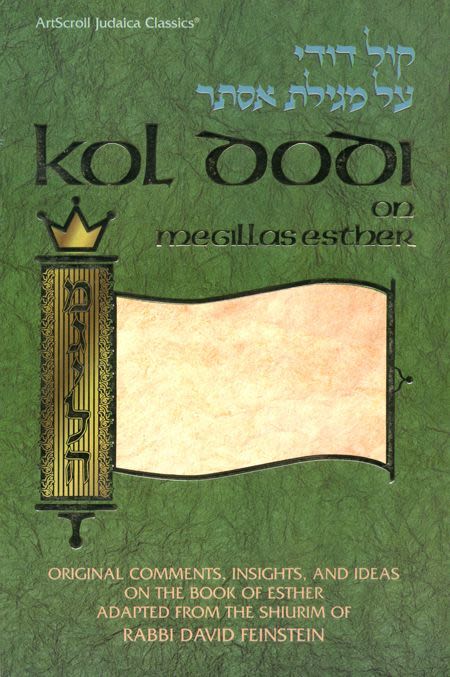
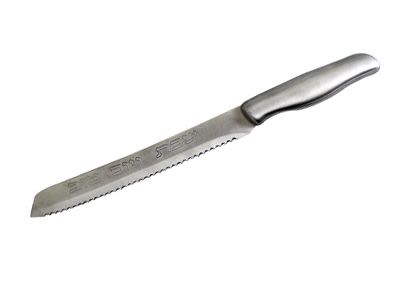
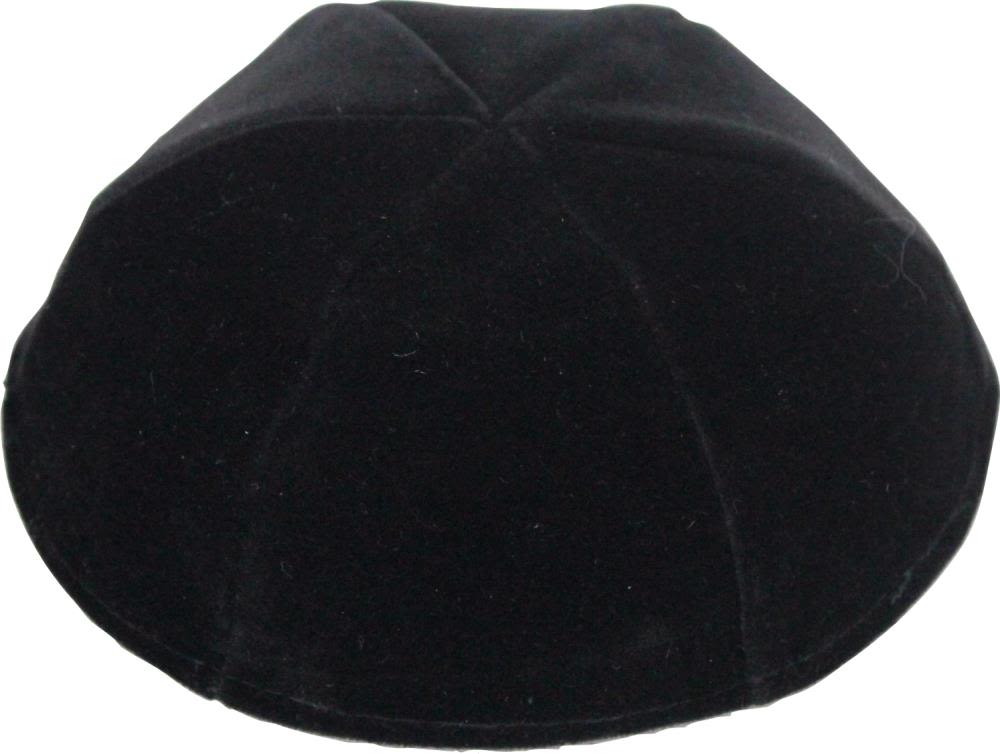
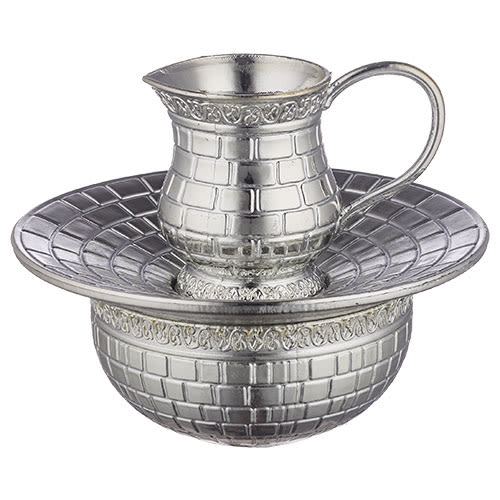


Tell us what you think!
Thank you for your comment!
It will be published after approval by the Editor.